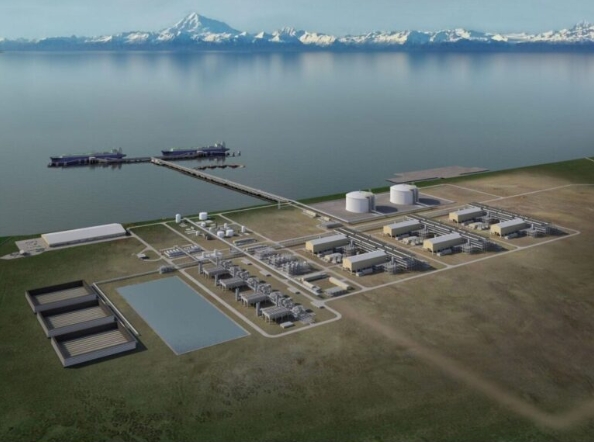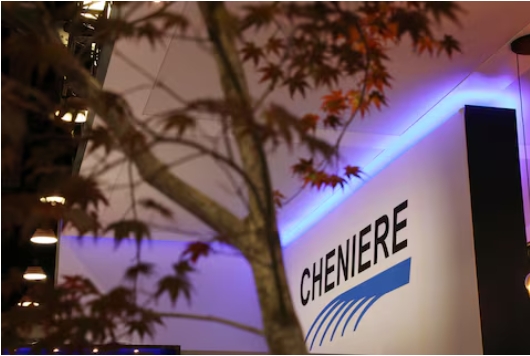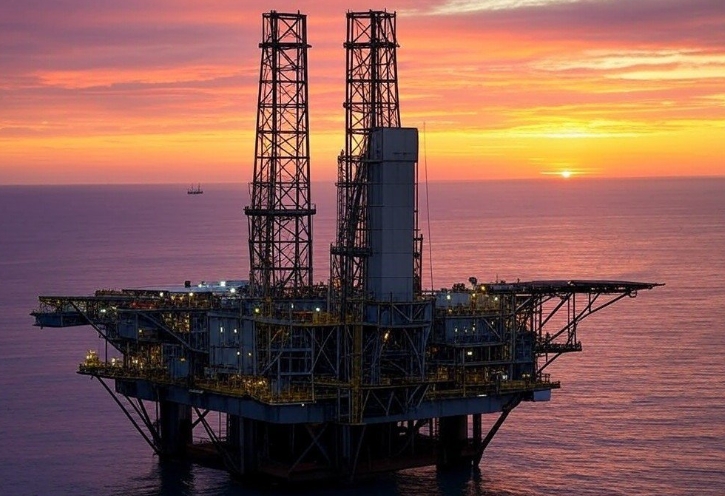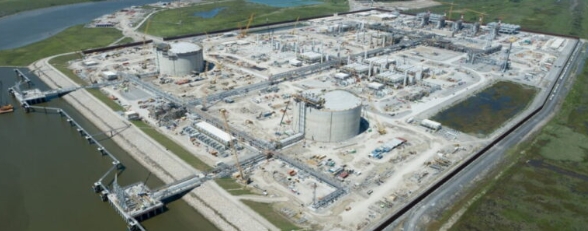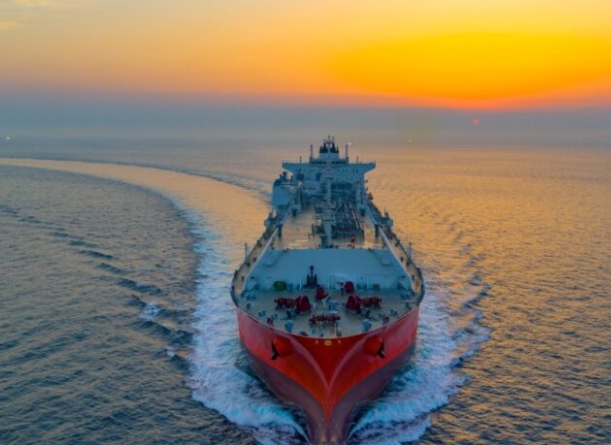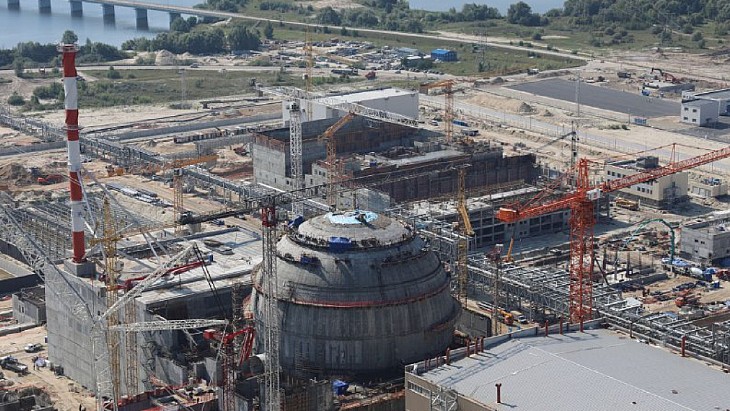
Kursk II is a new nuclear power plant in western Russia, about 60 kilometres (37.5 miles) from the Ukraine border, that will feature two VVER-TOI reactors, the latest version of Russia's large light-water designs. They have upgraded pressure vessels and a higher power rating of 3300 MWt that enables them to generate 1300 MWe gross.
Construction of the first unit began in 2018, its polar crane was installed in October 2021 and the reactor vessel was put in place in June 2022. Concreting of the outer dome of the first unit was completed in August 2023.
Alexander Uvakin, director of the Kursk NPP, said: "The delivery of fuel shows that the VVER-TOI project has reached a key stage of construction and shows a high degree of readiness of the first power unit."
He said that cold and hot tests would start in the near future - which would then be followed by the beginning of the physical start-up stage.
The six fuel assemblies were delivered to the site by specialised rail transport - the arrival of the first nuclear fuel to a site is always a significant moment in the construction of a nuclear power plant.
Rosatom said the TVS VVER-TOI nuclear fuel has been developed based on that for VVER-1000 and VVER-1200 reactors, with the design of the fuel cassettes providing "increased fuel loading, increased thermal reliability and more effective control of the reactor core during operation to improve the technical and economic characteristics of the nuclear power plant". There will be 163 fuel assemblies when fully loaded, and 313 fuel elements in each fuel assembly. The fuel cycle during operation will be 18 months.
All four units at the existing Kursk nuclear power plant are scheduled to have shut by 2031. The first unit was shut down after 45 years of operation in December 2021. The original design life for the four RBMK-1000 reactors at the plant was for 30 years but had been extended by 15 years following life extension programmes.

